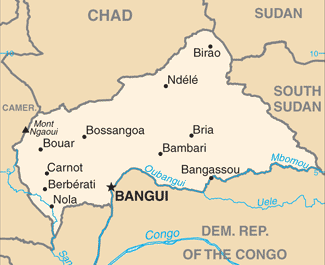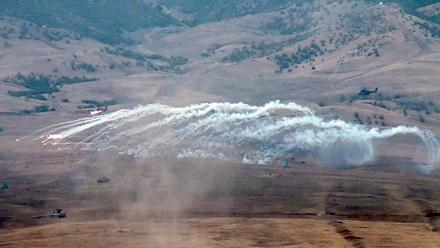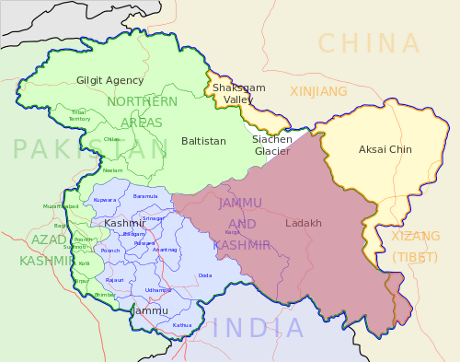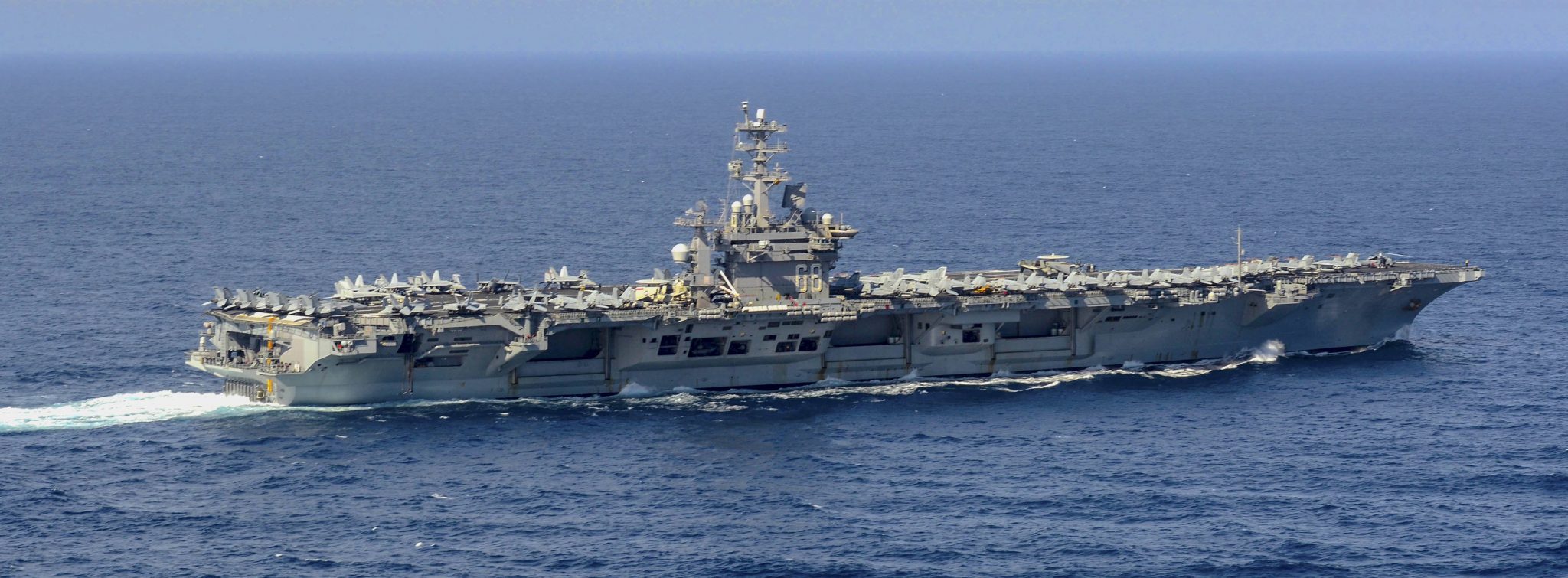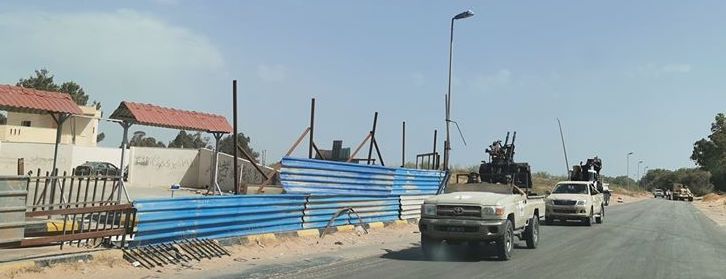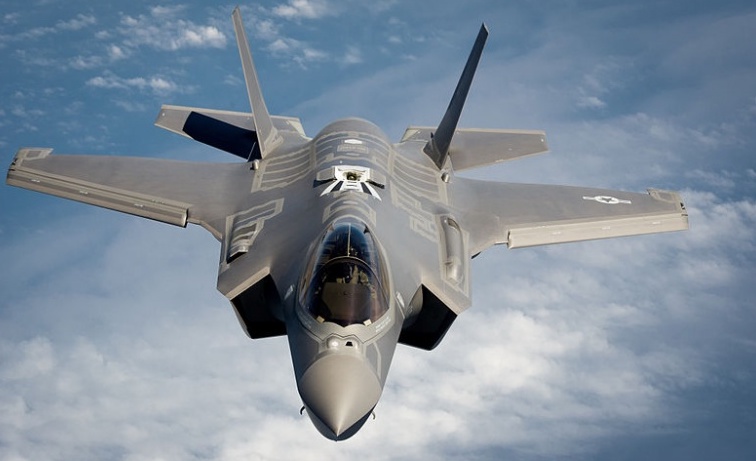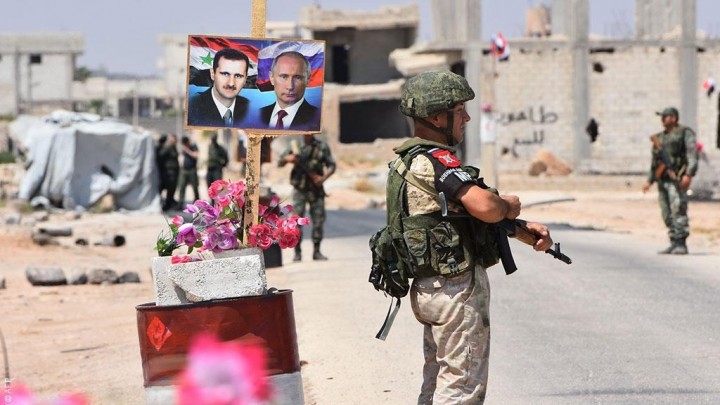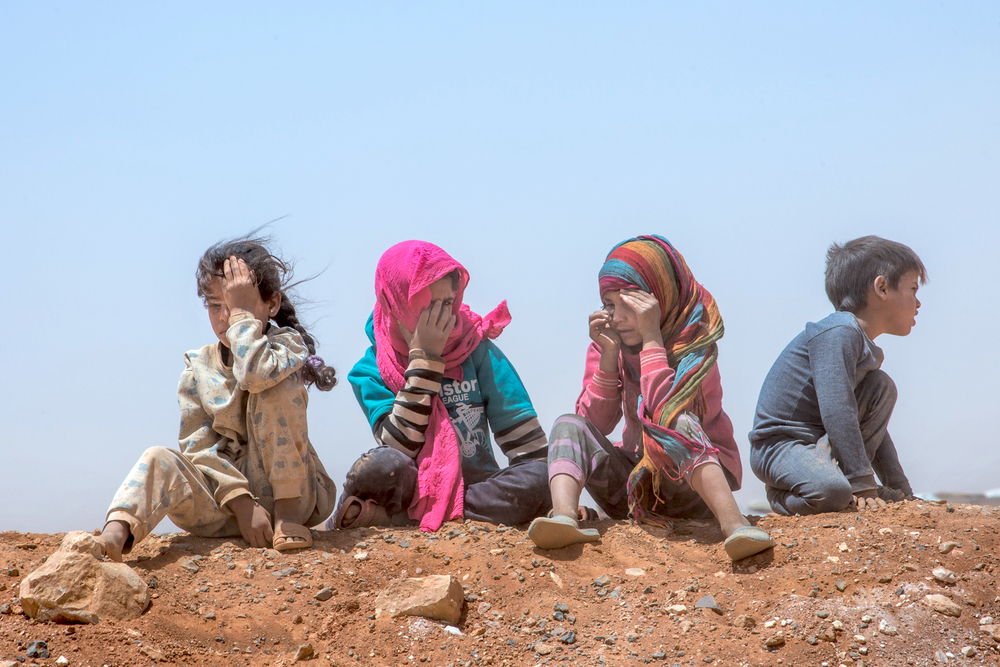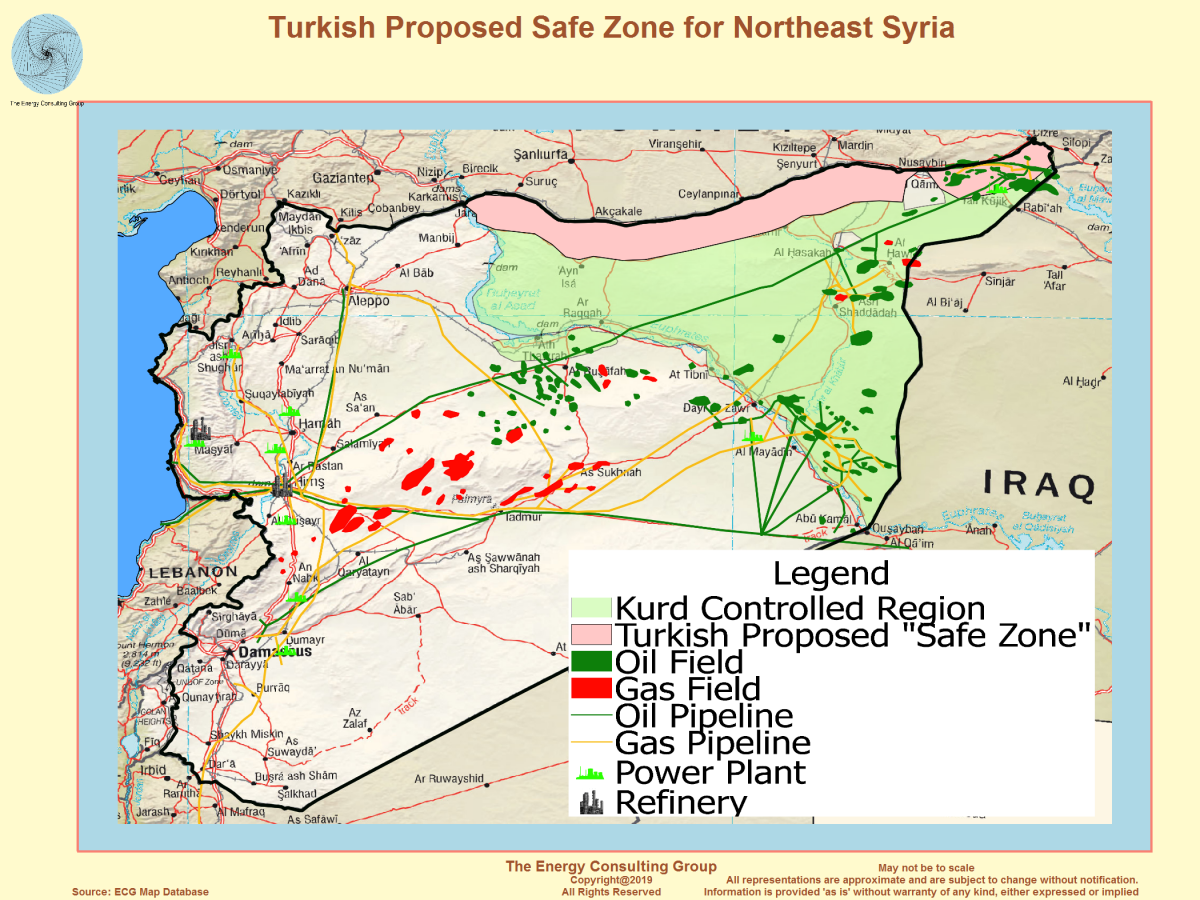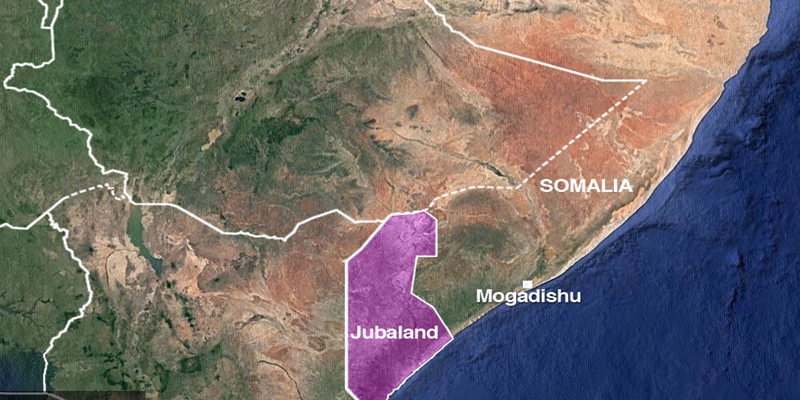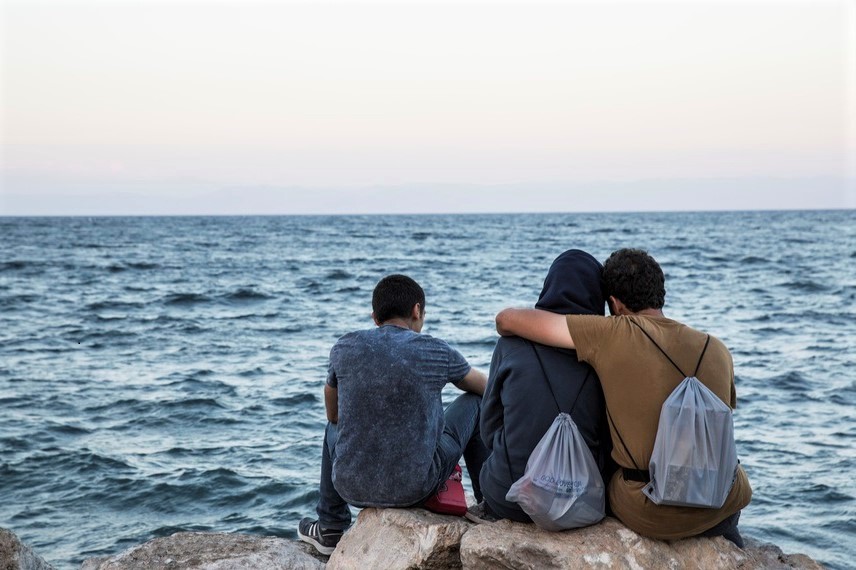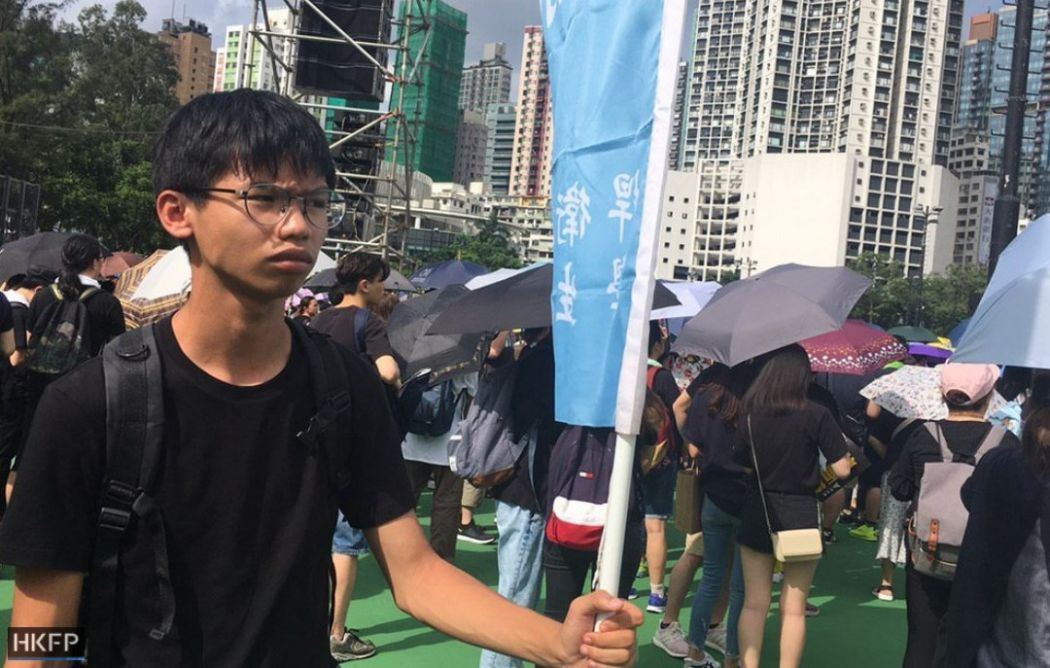
Hong Kong elections postponed amid repression
Hong Kong authorities announced they will postpone Legislative Council elections originally scheduled for September by one year, citing a resurgence in COVID-19 cases. The postponement comes after several opposition candidates had been barred from running, and several democracy activists were detained under the new National Security Law. Tony Chung, 19, of the pro-independence group StudentLocalism, became the first political figure to be arrested under the controversial law. (Photo of Tony Chung: HKFP)



